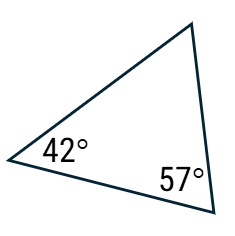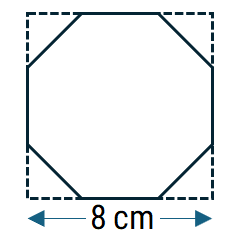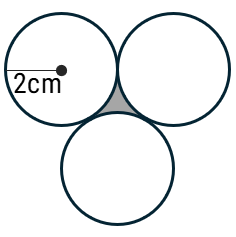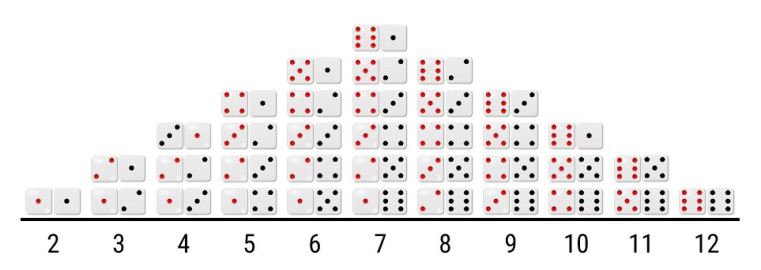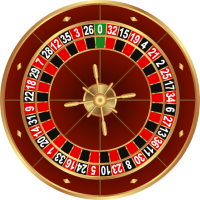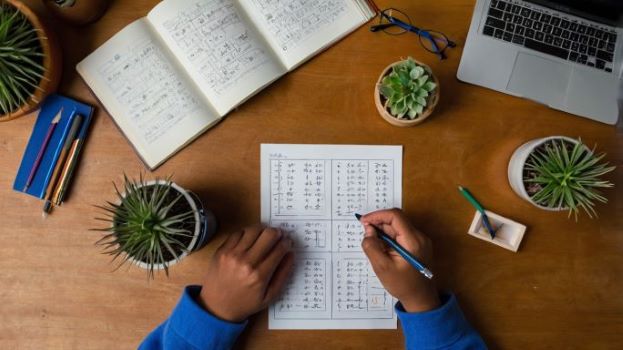
🤔 Why Do We Have to do Maths?
Mathematics March 10, 2025
Great question! Mathematics is everywhere—whether we notice it or not. It helps us think logically, solve problems, and understand the world around us.
📌 So, why do we need math?

🧩 What can I do to learn maths?
Mathematics March 10, 2025
Learning mathematics can feel challenging at times, but with the right strategies, anyone can improve!
Here are some effective tips to help you succeed in maths.

Credit: https://mathmajik.tumblr.com/post/90232874336
🌊 Exploring Sine Functions
Mathematics AdvancedMarch 15, 2025
The sine function is one of the most fundamental building blocks in trigonometry. In this article, we explore how sine waves appear in nature, from sound waves to electromagnetic radiation.

Credit: https://dribbble.com/shots/14128535-Picto-Patterns
📐 Shape Up Your Geometry Skills
Middle School Math, March 5, 2025
Think you've got what it takes to outsmart these tricky geometry puzzles? Grab your pencil, put your problem-solving skills to the test, and see if you can crack these mind-bending shapes and angles—are you up for the challenge?" 🚀🔢
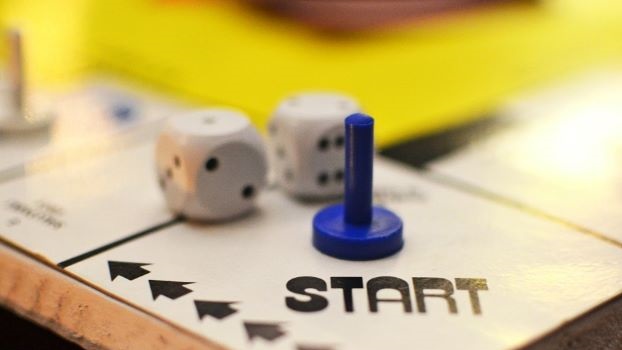
💡 What is a Discrete Probability Distribution?
March 5, 2025
Probability Distributions in Board Games: Understanding Dice Rolls
Many board games, such as Monopoly and Backgammon, require players to roll two six-sided dice and sum the results to determine their score for that round. Since each die has six faces, the total number of possible outcomes when rolling two dice is 36.
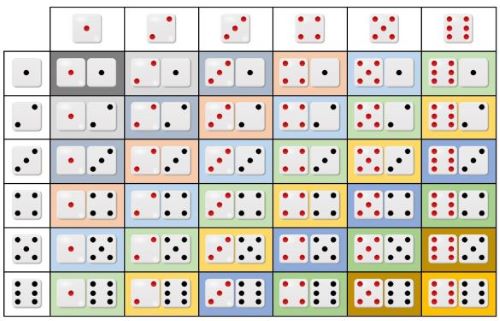

💡 What is a Logarithm?
March 5, 2025
Logs & Indices
An exponent (AKA an index or power) records how many times a number (AKA the base) must be multiplied by itself to produce a certain number.
\[ 2^{3} = 2 \times 2 \times 2 = 8 \]
Now let's reverse this statement.
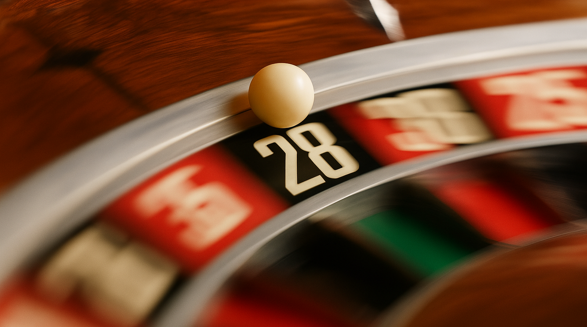
💡 What is a Theoretical Probability?
March 5, 2025
Heads or Tails?

When your teacher says the 'probability of tossing a 'head' with a coin is ½', they are referring to a theoretical probability. A theoretical probability describes the outcomes of a chance experiement which is repeated many times.
Popular Topics
-
 Trigonometry
Trigonometry
sine, cos, & tan functions -
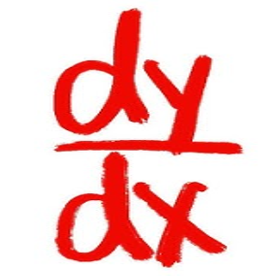 Calculus
Calculus
Derivatives and integrals -
 Algebra
Algebra
Equations and functions -
 Statistics
Statistics
Data analysis and probability
Blog: Filter by Tags
Math Resources
Looking for additional resources? Check out our curated list of math tools, practice problems, and reference materials to support your learning journey.
